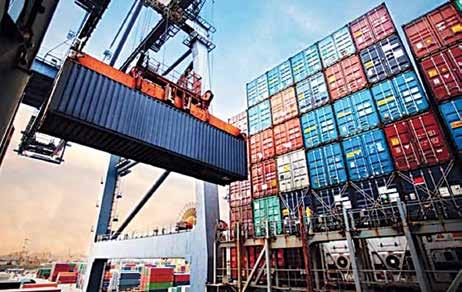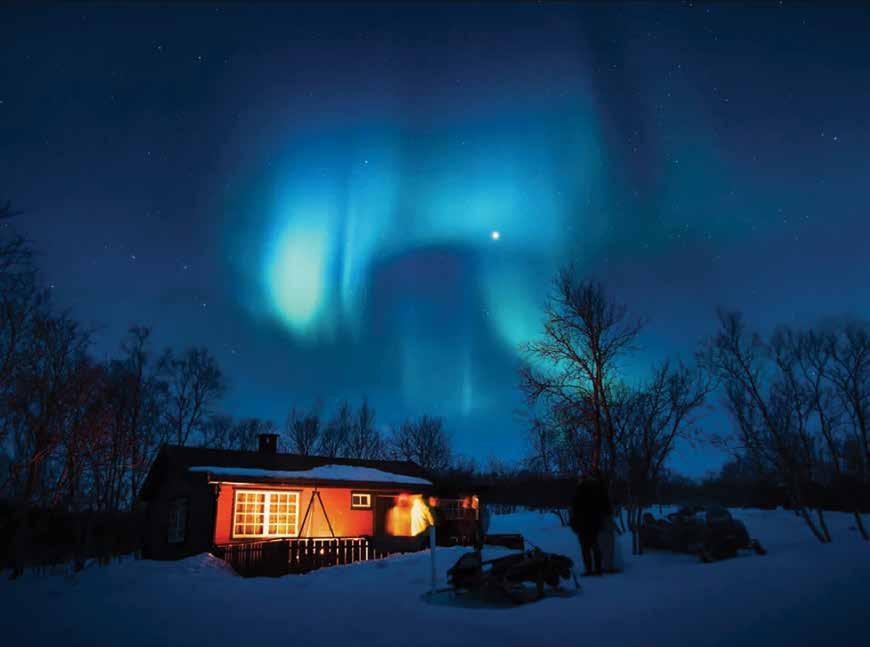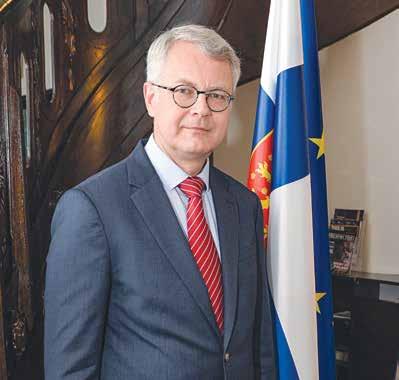BUSINESS PARTNER
INTERVIEW
H.E. ANDERS CHRISTIAN HOUGÅRD, AMBASSADOR OF DENMARK TO SERBIA
PRAGMATIC APPROACH
Leads To Prosperity Offer equal opportunities to people, with a pragmatic rather than an ideological approach, and this will lead to a strong economy. This is the Nordic recipe that might work in the Western Balkans, provided all parties understand the value of this seemingly simple approach
F
or some time now, Nordic cooperation has been promoted as a valuable model for the Western Balkans. We asked H.E. Anders Christian Hougård, Danish Ambassador to Serbia, which question he would single out as one example in which Western Balkan countries could use the Nordic formula to resolve some of the issues they are facing, and in response we received an interesting and nuanced answer. “Good and friendly relations between neighbours!”, this is the straightforward answer that we received to our question. “However”, notes Ambassador Hougård, “it is important to stress that the Nordic formula, as we call it, has not always had such a strong sound to it. A hundred years ago, the Nordic region wasn’t at all prosperous, while since the 1970s the Nordic identity has been associated with seemingly endless economic growth.” The Nordic model is relevant to the Western Balkan countries, with examples of economically, socially and technologically driven societies, underlines our interlocutor. “We offer equal opportunities to people, with a pragmatic rather than an ideological approach, which again leads to a strong economy.” Ambassador Hougård believes that the Western Balkan region has the potential to create a common market in which businesses can thrive, while he stresses that protectionism and isolationism must be avoided in order to secure economic dynamism and competition.
10
What, for example, can the Western Balkans learn from the way you organised your labour markets and flows of workers from one country to another? - Free trade and competition are pillars of the Nordic socioeconomic model. We can certainly be proud of our open markets, with low tariffs and minimal barriers to trade. The idea of a ‘Mini Schengen’, if it stays on the right track and in accord with EU regulations, seems to be moving in this direction, so we are interested to see what comes of that model. When it comes to the Nordic countries, we established a common labour market to create jobs and growth more than 60 years ago. A well-functioning labour market gives Nordic people a chance to practise their professions in other countries. I hope this is an example that Western Balkan countries can follow in the near future. To what extent would a unified labour market across the region impact on the way companies from Denmark view the economic possibilities of Serbia and the region? - The labour market, at least in the countries we are covering from Belgrade, is experiencing the same trends – accelerated labour shortages paired with wage growth. Many companies find it increasingly difficult to fill certain job vacancies in both blue-collar and white-collar segments.















